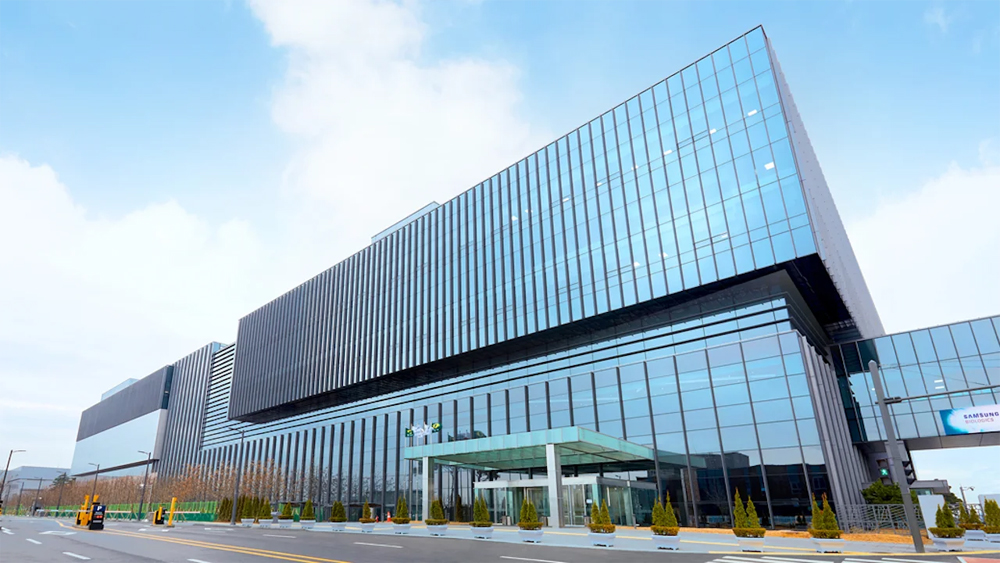On July 18, Samsung Bio announced that it had officially signed a land purchase agreement with the Incheon Free Economic Zone to support the construction of its second bio-park, called Bio Campus II.
Specifically, Samsung Bio said it purchased 3.8 million square feet of land worth about 426 billion won ($324 million). The land is located within the Songdo Industrial Cluster and will be 30% larger than the company’s current park.
The campus will house 4,000 employees or about 400 new employees a year by 2032, Samsung Bio said at a signing ceremony held at Incheon City Hall on July 18.
This is part of an ambitious plan by Samsung Biologics to build Samsung Biologics into a multinational giant in the global biopharmaceutical CDMO field.
Samsung Bio’s expansion plan is so aggressive that within 11 years of its establishment, Samsung Bio’s factories 1, 2 and 3 have been put into operation, the 4th factory is under construction, and the 5th and 6th factories are drawing blueprints.
After the abbreviation of its No. 3 factory in 2018, Samsung Bio became the company with the largest CDMO production capacity in a single factory in the world, with a single factory production capacity of 360,000 liters.
By the completion of Plant 4 in 2023, Samsung Bio is expected to have the world’s largest biopharmaceutical CDMO production capacity.
The timing of Samsung’s push is right given the rapidly increasing global demand for CDMO services, which could be protracted by the COVID-19 pandemic.
According to the financial report, Samsung Biologics’ sales in 2021 will be 1.57 trillion won ($1.31 billion), a 35% increase from 2020.
In 2021, the deep-pocketed Samsung Group laid out an investment plan to spend 240 trillion won ($205 billion) by 2023 to strengthen its biopharmaceutical, semiconductor and telecom businesses.
Then last month, Samsung Bio revealed its key strategy to spur growth: increasing manufacturing capacity, deepening its product portfolio and increasing its overseas business.









